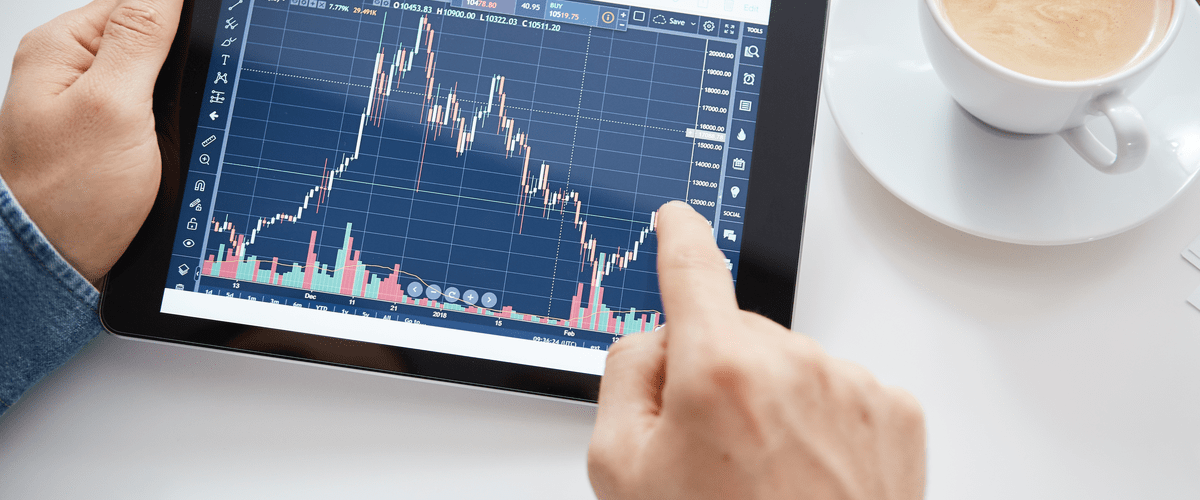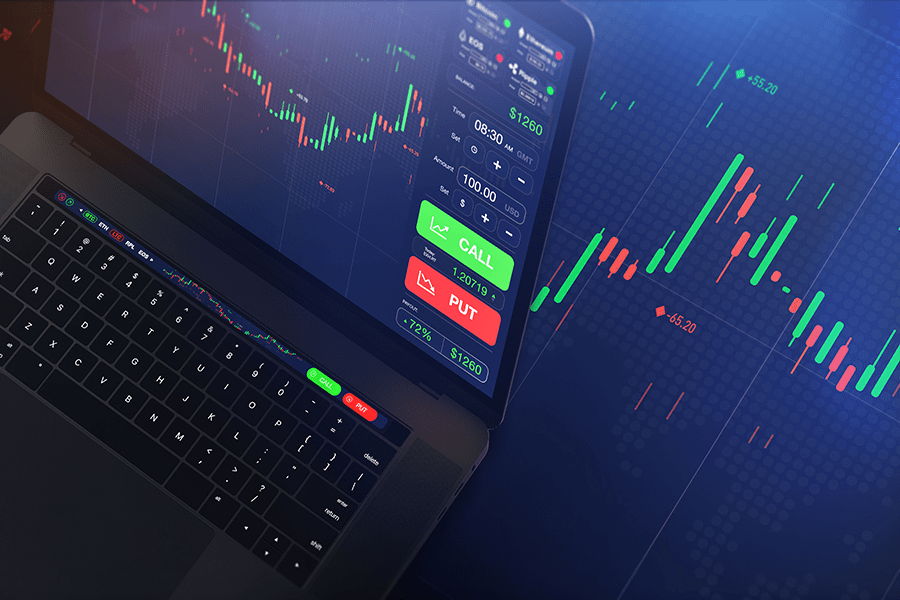
Stocks and Forex: The Difference
Today’s active investors and traders have access to a growing number of trading instruments , from investing in the reliable blue chip stocks to the fast-paced world of futures and foreign exchange (Forex). Choosing which of these markets to invest in can be difficult, with many factors to consider to make the best choice.
Perhaps the most important element is the investor’s risk tolerance and trading style. For example, buy-and-hold investors are more likely to participate in the stock market, while short-term investors including swing and scalp traders are likely to prefer forex due to its greater volatility.
Comparison: Forex vs Blue Chip Stocks
The foreign exchange market, or forex, is the world’s largest financial market; more than $6.6 trillion is traded in it every day. Many traders are attracted to the forex market because of its high liquidity, non-stop trading, and the high leverage that participants can enjoy.
Blue chips on the other hand, are the stocks of reputable, financially sound companies. These stocks are generally able to be profitable in economic downturns and have a history of paying dividends. Blue chip stocks are often much less volatile than many other investments and are often used to add stable growth potential to portfolios.
So what are the main differences between forex investing and stock investing?
- Volatility: This measures short-term price fluctuations. You could say that this equates to risk. While some investors, short-term day traders in particular, rely on volatility to profit from price movements in the market, other investors are much less comfortable with it and prefer lower volatility and risk. As such, many short-term investors are attracted to forex and many buy-and-hold investors are attracted to the stability that blue-chip stocks offer.
- Leverage: A second consideration is leverage. In the US, investors often have leverage of 2:1 in the case of stocks. The forex market offers substantially higher leverage, sometimes as high as 50:1, which can be even higher in some parts of the world. Is higher leverage always good? Not necessarily. Yes, leverage means that you can build wealth with a small investment (forex accounts can be opened for as little as $100), leverage can quickly wipe out your account.
- Trading Hours: Another consideration is the time period in which each instrument can be traded. Stocks are limited by the trading hours of the exchanges. The forex market, on the other hand, operates continuously on a global level. Due to its flexibility, liquid transactions can be executed at almost any time of the day, which is an advantage for investors who might otherwise not have time to trade due to their busy schedules.
In conclusion
The Internet and electronic trading have opened the doors of active traders to a large and growing variety of markets. The choice to invest in stocks or forex depends on risk tolerance , available capital and the ease with which investing can be done.
If an active investor is unable to manage their investments during regular stock market opening hours, stocks are not the best option. However, if an investor is pursuing a buy-and-hold strategy and is therefore looking for stable long-term growth and dividends, stocks are the practical choice. The instruments an investor chooses must therefore fit well with their strategy and goals.
Our reading tips
for the novice investor
